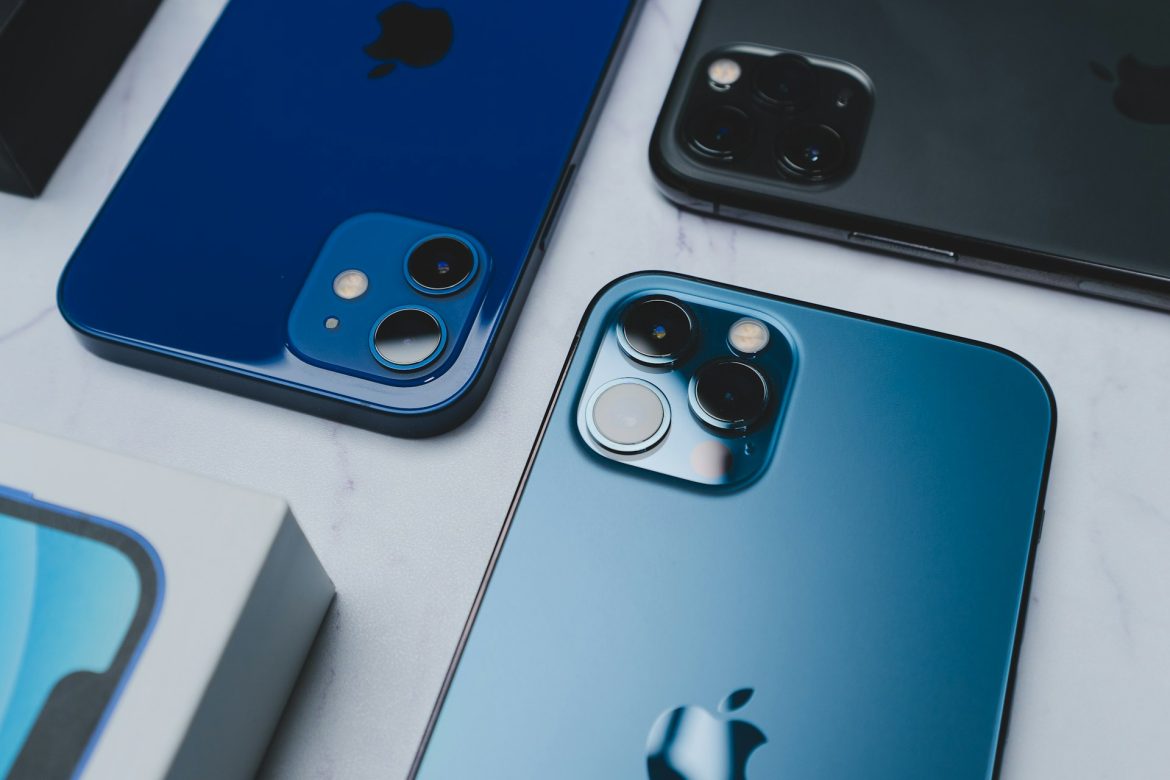Apple’s smartphone sales have dropped by 10% in the last quarter, market research firm IDC reports, with a significant downturn in China significantly impacting the figures.
Apple’s momentum in China has waned as nationalistic sentiments, economic difficulties, and heightened competition have posed challenges in recent months. “This is a steep decline for Apple, but considering where we’ve been in the past four years, Apple has arguably been the most resilient brand, navigating supply chain issues and macroeconomic challenges better than others,” said Nabila Popal, IDC’s research director, to CNN.
While Apple briefly overtook Samsung as the top smartphone manufacturer last year, holding the crown for just one quarter before Samsung reclaimed its position, Popal emphasized the significance of Samsung’s return to the top. “This year, we expect Android to grow at twice the rate of iOS,” she added. (Android is the operating system used by Samsung devices, while iPhones operate on iOS).
This projection comes after Android experienced significant declines in recent years, providing it with more room for growth. Both Apple and Samsung did not respond to requests for comments on this trend.
Overall, IDC noted that global smartphone shipments increased by 7.8% year-over-year to approximately 289 million devices in the first quarter of 2024, signaling a resurgence in the smartphone market after two years of macroeconomic challenges.
During the quarter, Samsung led with about 20.8% market share (or 60.1 million shipments), followed by Apple with 17.3% (50.1 million shipments). Chinese manufacturer Xiaomi accounted for 14.1% (40.8 million shipments).
In December, Apple outperformed Samsung in the smartphone category, ending Samsung’s 12-year streak at the top, with a market share of 20% compared to Samsung’s 19.4%.
While IDC’s latest report suggests that Apple and Samsung are likely to maintain their market dominance, it also predicts a resurgence for Huawei and other Chinese companies like Xiaomi and OPPO/OnePlus. Chinese consumers who once favored Apple are increasingly turning to domestic brands.
China remains a crucial market for Apple, being the largest market after the United States. The company continues to offer discounts in China to help boost sales.
Last year, Huawei’s Mate 60 smartphone made headlines when the U.S. government sought more information about its Pro model, which featured a sophisticated processor. The release surprised industry experts who questioned how the company could manufacture such a chip following extensive U.S. efforts to restrict China’s access to foreign chip technology over national security concerns.

